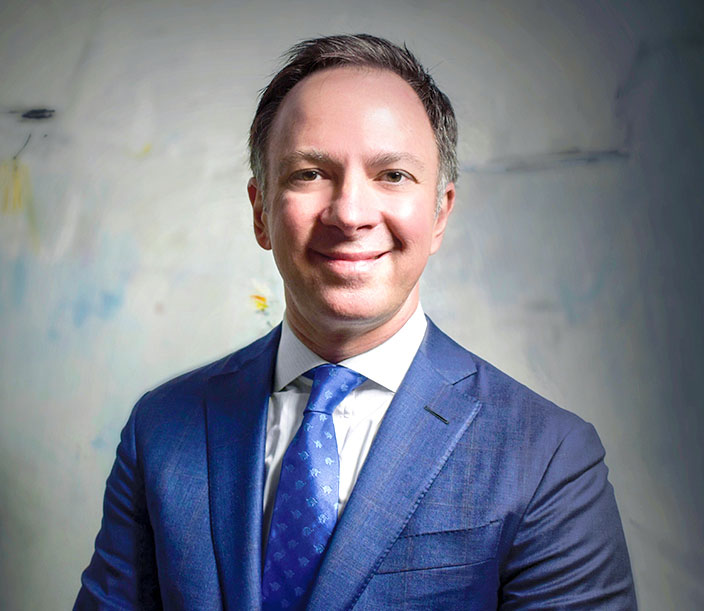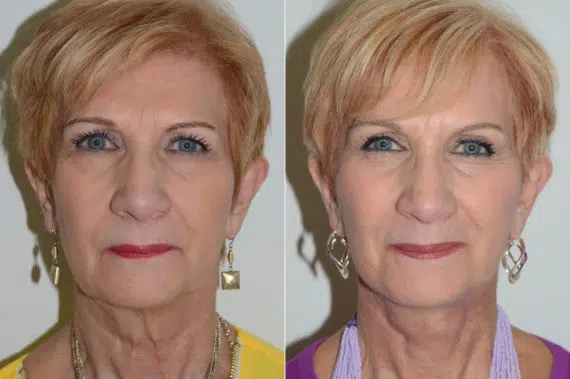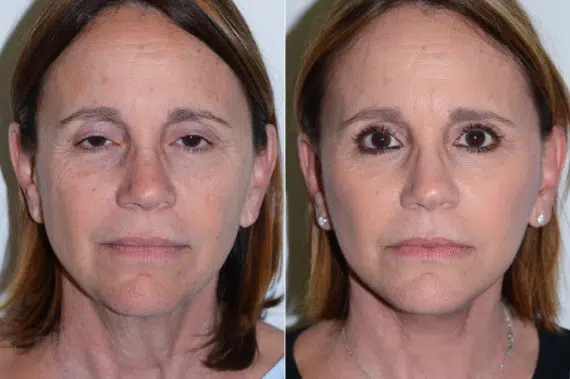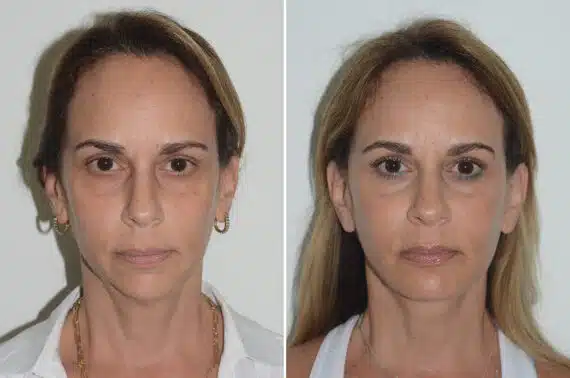Are you considering flying after surgery? Understanding the timing and precautions for flying post-surgery is essential to ensure a smooth, safe recovery and a comfortable journey. Each recovery is unique, with factors like the type of surgery, individual healing rates, and specific travel needs all playing a role in determining when it’s safe to fly.
Proper preparation and timing are key to minimizing discomfort and safeguarding your surgical results. Below, we provide a comprehensive guide to help you navigate post-surgery air travel safely and effectively.

What to Consider When Flying After Plastic Surgery — Risks, Recovery, and Complications
- Plan your travel around a recommended recovery timeline for safe, comfortable flying.
- Be aware of risks like swelling and blood clots, which increase after surgery.
- Use hydration, compression garments, and movement to manage in-flight discomfort.
- Seek personalized care for tailored recovery and travel guidance.
- Consult a specialist to ensure a safe, well-prepared travel experience post-surgery.
When Can You Fly After Plastic Surgery?
Air travel timelines vary depending on the procedure. For example:
Patients who undergo minor facial surgeries like otoplasty may be cleared for travel sooner, often within a week, while more invasive procedures like facelifts or rhinoplasty generally require a recovery period of two to four weeks before flying.
Safe timing for air travel after rhinoplasty helps minimize swelling due to pressure changes Typically, two to four weeks is recommended, but this can vary based on individual healing.
Surgeries like body contouring or tummy tucks generally necessitate longer recovery, often four to six weeks, due to their impact on mobility and increased risk of blood clots.
Ultimately, factors such as the procedure type, recovery progress, and overall health influence the appropriate timeline for flying after surgery. Consulting with your surgeon is crucial to ensure you’re fully prepared for a safe journey.
Why Post-Surgery Travel Requires Extra Care to Avoid Complications and Blood Clots
Air travel can introduce physical stresses that heighten post-surgical risks, including cabin pressure changes, low humidity, and increased potential for blood clots. These factors can lead to swelling, discomfort, and longer recovery periods if not managed properly.
An experienced surgeon’s guidance can be invaluable here. Dr. Bustillo’s approach to post-operative care minimizes these travel risks by offering tailored recommendations on timing, in-flight care, and other precautions, helping patients prepare for a comfortable flight when the time is right.
Common Concerns with Flying After Different Plastic Surgeries
1. Swelling and Bruising:
- Changes in cabin pressure may exacerbate swelling, especially for facial procedures.
- Tip: Follow your surgeon’s advice on when it’s safe to travel and use prescribed compression garments.
2. Deep Vein Thrombosis (DVT)
- Prolonged immobility can increase the risk of blood clots, particularly after body surgeries.
- Prevention: Wear compression garments, stay hydrated, and take periodic walks.
3. Comfort and Healing
- Flying too soon may lead to unnecessary discomfort or prolong recovery.
- Recommendation: Ensure you’re fully healed to preserve results and reduce complications.
Questions about your procedure?
Schedule a consultation with Dr. Andres Bustillo.
Some Essential Tips for Post-Surgery Air Travel to Minimize Risks and Speed Up Recovery
To make your travel experience as comfortable and safe as possible, consider these practical tips:
Drink plenty of water and avoid high-sodium foods that may cause water retention.
Wear doctor-recommended garments to manage swelling and improve circulation.
Opt for seats with extra legroom, such as exit rows or premium economy, and stand to stretch regularly.
Schedule a follow-up consultation to confirm your readiness for travel.
Psychological and Emotional Considerations for Patients Traveling During Recovery
Flying after surgery can be an emotionally charged experience. Addressing common concerns and providing relatable examples can help patients feel more prepared:
“We understand that recovery can be both exciting and nerve-wracking. Taking the proper precautions will help you travel confidently.”
Sharing patient anecdotes about their recovery and travel can make the process feel more relatable and achievable.

When to Consult Dr. Bustillo Before Flying
Before planning any post-surgery travel, it’s essential to consult with an experienced surgeon like Dr. Andres Bustillo. He can provide expert guidance tailored to your unique recovery needs, helping you determine the safest time to fly and offering personalized recommendations for an optimal travel experience. Dr. Bustillo’s professional advice covers everything from timing your recovery to practical tips for in-flight care, ensuring that you travel safely and comfortably.
Dr. Bustillo and Out-of-Town Patients
Traveling after surgery doesn’t have to be stressful. By following post-surgery travel guidelines, you can ensure a safe, smooth recovery and enjoy your trip with confidence. Dr. Andres Bustillo and his dedicated team are experienced in assisting patients from outside the South Florida area, making your plastic surgery journey as seamless and comfortable as possible. From coordinating travel arrangements and helping you find accommodations to supporting you throughout your recovery, Dr. Bustillo’s Miami-based practice offers a full spectrum of care to make your surgical experience both stress-free and enjoyable.
As a highly skilled facial plastic surgeon, Dr. Bustillo specializes in a wide variety of surgical and nonsurgical procedures for the face, neck, and head. His commitment to patient safety and delivering outstanding results ensures that every patient receives the highest standard of care, from consultation to recovery. To learn more about Dr. Bustillo’s comprehensive process for out-of-town patients or to discuss a specific procedure, call (305) 663-3380 to schedule a consultation today.
Frequently Asked Questions About Flying After Plastic Surgery
The timeline varies depending on the procedure. Minor surgeries may allow travel within a week, while more extensive procedures like rhinoplasty or facelifts often require at least two to four weeks for optimal healing before flying.
Post-surgery air travel can increase risks like swelling, discomfort, and deep vein thrombosis (DVT) due to cabin pressure and limited mobility. Proper precautions, such as compression garments and hydration, can help mitigate these risks.
Yes, staying hydrated, avoiding salty foods, wearing compression garments, and moving periodically during the flight can help reduce swelling and improve comfort.
An experienced surgeon provides tailored advice on when it’s safe to travel, how to prepare, and what precautions to take, ensuring a safer, more comfortable journey post-surgery.




